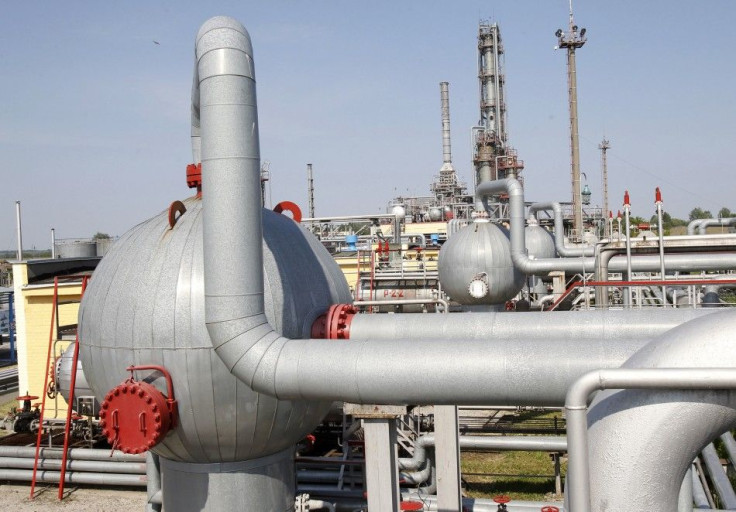Oil and Gas Industry Can Increase Profits While Reducing Methane Emissions, NRDC Says

While the U.S. oil and natural gas industries are reaping astronomical profits now, they could increase them even more if companies weren't so wasteful, the Natural Resources Defense Council said.
In a new report published Wednesday, the NRDC said energy companies could increase annual profits by a further $2 billion if they took steps to reduce greenhouse emissions, including methane, by 80 percent.
When companies produce natural gas and oil, they create emissions. Many spring from leaks in production or are created when methane and other gases are simply vented into the air, causing waste.
Right now, the oil and gas industry is letting pollution and profits evaporate into thin air, where they contribute to global warming, heart attacks and asthma, said Dan Lashof, director of the Climate and Clean Air Program at the New York-based fund.
We know how to stop those leaks to keep them from going to waste, threatening our health and harming our environment, he said.
Wasted Gas Emissions
The NRDC, with about 1.3 million members, has a history of working with companies to remediate waste. One of its best-known successes was getting McDonald's (NYSE: MCD) to replace the plastic clamshell package for its hamburgers with biodegradable paper in 1990.
In the U.S, 26 trillion cubic feet of natural gas was produced in 2009. But 623 billion cubic feet of gas was lost or vented into the atmosphere.
The loss represented 37 percent of the country's greenhouse emissions for that year, the report said.
The NRDC suggests oil and natural gas companies could plug leaks and curb venting by installing emission capture systems, improving seals to prevent gas leaks as natural gas is compressed and conducting better repair and maintenance of pipelines.
It is shocking that industry has not put these measures into place when they're profitable, available and effective - and will even save them money, all at the same time, Lashof said.
EPA's New Recommendations
The Environmental Protection Agency on Tuesday released its new carbon pollution standards that would limit power plants to 1,000 tons of carbon emissions per megawatt hour of energy produced.
The EPA standards could reduce the emissions by 25 percent and other pollutants by nearly 30 percent.
The reductions would help generate up to $4.7 billion in global benefits, said the NRDC with regard to the new EPA standards.
Oil and natural gas companies are in the business of selling methane so they are obviously already heavily incentivized to capture and bring it to market wherever possible, said Carlton Carroll, a spokesperson for the American Petroleum Institute. They already do this whenever they can and continue to look for and implement new ways to reduce emissions.
Industry proponents like the API have said the reductions proposed by the EPA would stifle energy development. Supporters like Microsoft (Nasdaq: MSFT) Chairman Bill Gates say lowering emissions is crucial to prevent global warming.
Natural gas on the New York Mercantile Exchange in afternoon trading fell a penny to $2.28 per 1,000 cubic feet.
Crude oil on the Nymex fell $2.33 in late Wednesday trading to $105 a barrel.
© Copyright IBTimes 2024. All rights reserved.











